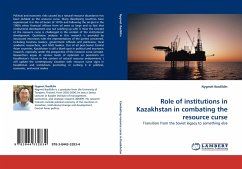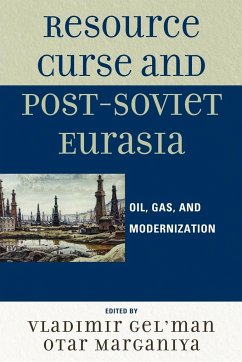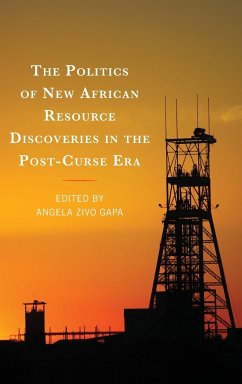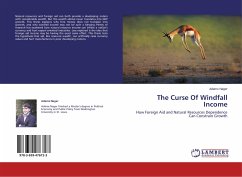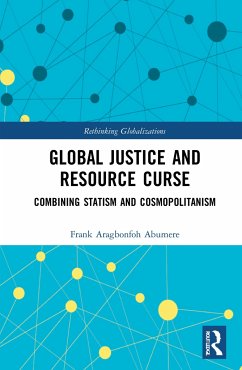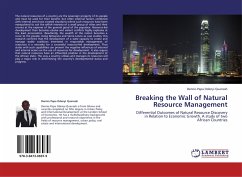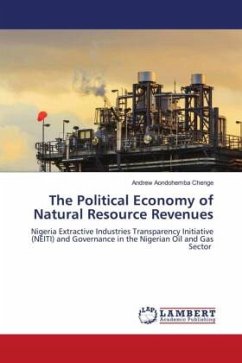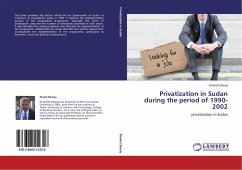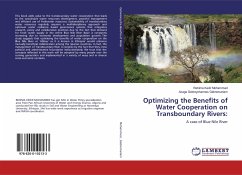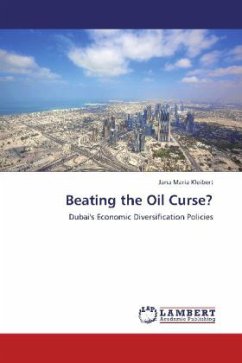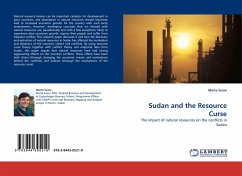
Sudan and the Resource Curse
The impact of natural resources on the conflicts in Sudan
Versandkostenfrei!
Versandfertig in 6-10 Tagen
32,99 €
inkl. MwSt.

PAYBACK Punkte
16 °P sammeln!
Natural resource booms can be important catalysts for development in poor countries, and abundance in natural resources should intuitively lead to increased economic growth for the country with such lucky endowments. However, developing countries that are blessed with natural resources are, paradoxically and with a few exceptions, likely to experience slow economic growth, repress their people and suffer from frequent conflict. This research paper discusses if and how the discovery and extraction of natural resources in Sudan has affected the motivation and dynamics of the country's violent ci...
Natural resource booms can be important catalysts for development in poor countries, and abundance in natural resources should intuitively lead to increased economic growth for the country with such lucky endowments. However, developing countries that are blessed with natural resources are, paradoxically and with a few exceptions, likely to experience slow economic growth, repress their people and suffer from frequent conflict. This research paper discusses if and how the discovery and extraction of natural resources in Sudan has affected the motivation and dynamics of the country's violent civil conflicts. By using resource curse theory together with conflict theory and empirical data from Sudan, this paper argues that natural resources have had strong aggravating effects on the country's conflicts. These effects have been both direct (through changing the economic means and motivations behind the conflicts) and indirect (through the mechanisms of the resource curse).



